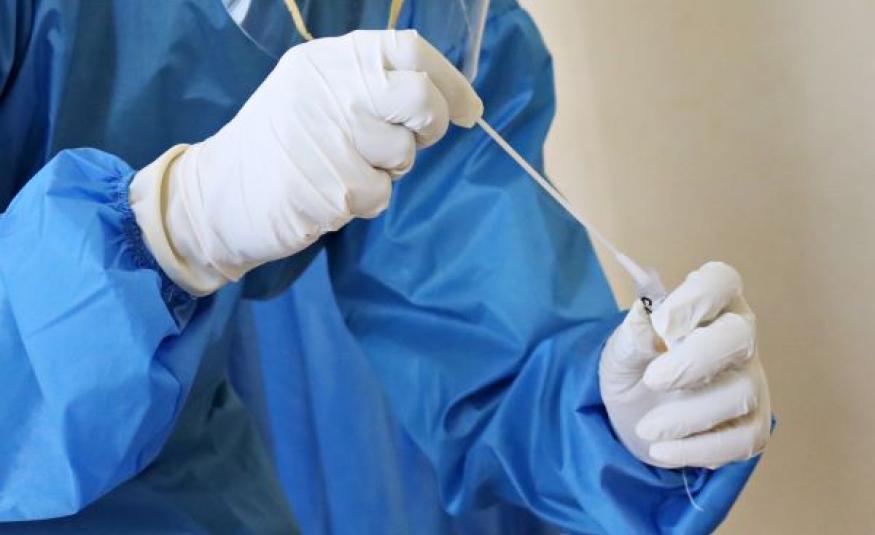From 16-17 September, the Austria Center Vienna conducted around 2,000 rapid Covid-19 tests in a pilot project in partnership with the Vienna University of Economics and Business, Arbeiter-Samariter-Bund and medical products wholesaler Alpstar.
The Austria Center Vienna will make the key insights from the pilot project publicly available, to "create a repository of information which can be used as a foundation for future events".
Susanne Baumann-Söllner, managing director of the Austria Center Vienna, said: “We wanted to use the pilot project to show that rapid tests can significantly improve the safety of events, and that their use is practicable from an organisational point of view. The overwhelming feedback and interest from all industries shows us just how much hope is being placed in the new testing system. We are very pleased to have provided this initial impetus with the support of our project partners and would like to make our insights available to all interested parties.”
Out of the 2,000 rapid tests handed in, five were positive. The diagnoses were subsequently confirmed in PCR tests conducted immediately after.
The central finding from the pilot project was that rapid tests are indeed practicable in real-world conditions and represent a meaningful addition to existing hygiene and safety measures. In preparation for the project, a scalable system of test lanes was developed specifically for the rapid test.
The pilot project delivered insights into the amount of time testing takes ahead of an event, as well as the number of staff needed. The number of test lanes needed and time slots for participants was calculated on the basis of each swab taking 30 seconds to be completed, with each test lane requiring one medical expert to take the throat swab, two to three assistants to prepare the solution and support the test subjects, and a team of paramedics on hand at the end of the test lane to manage any positive cases. It was originally thought that this would take 15 minutes, however in practice, conducting the test took an average 6-10 minutes from swabbing to receiving the test result.
Test subjects included students, staff members, employees of partner companies and journalists. The five people who tested positive were isolated immediately, underwent an additional PCR test and were then sent to quarantine at home.
On the second day of the event, one person tested positive, having presented a negative result on the first day. This particular case confirms that an antigen test only provides a snapshot of an individual’s viral load, suggesting that rapid tests should be carried out on a daily basis at multi-day events. This also suggests that a negative test result should not be mistaken for total protection against Covid-19, but can significantly reduce the chances of infection at events.





